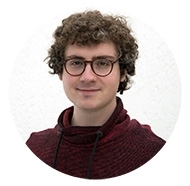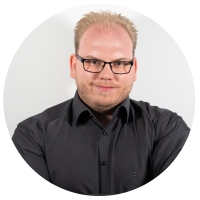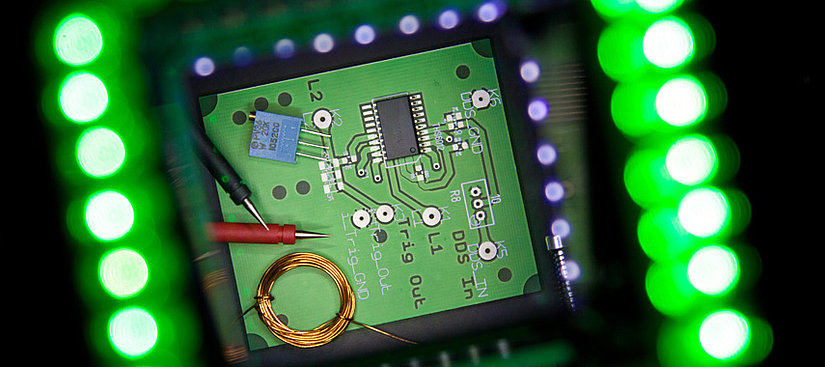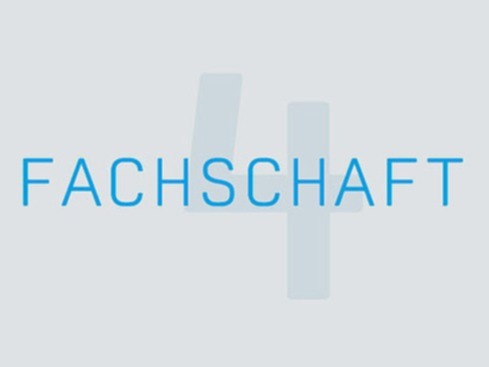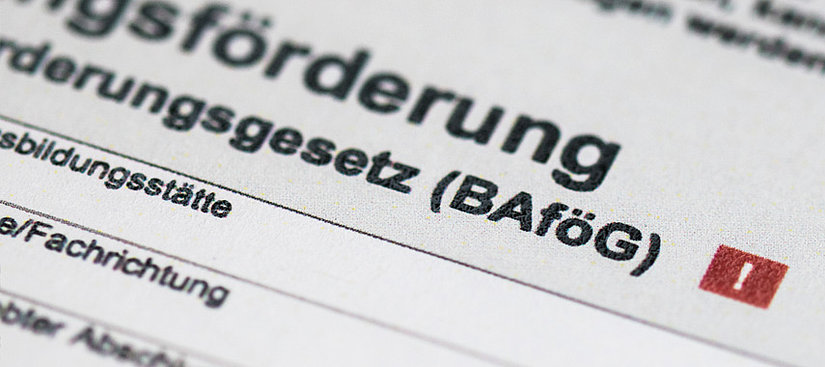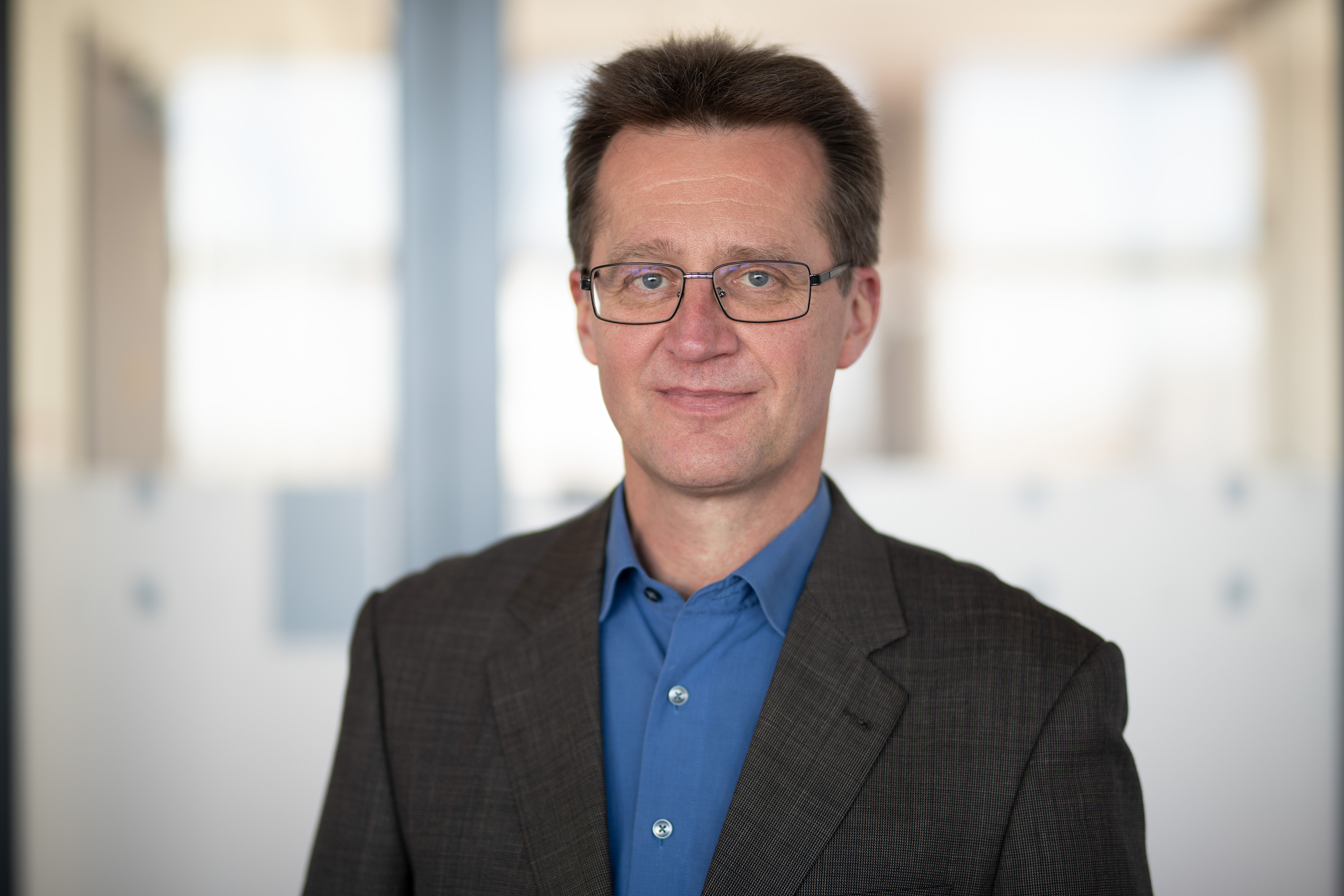Mechatronics
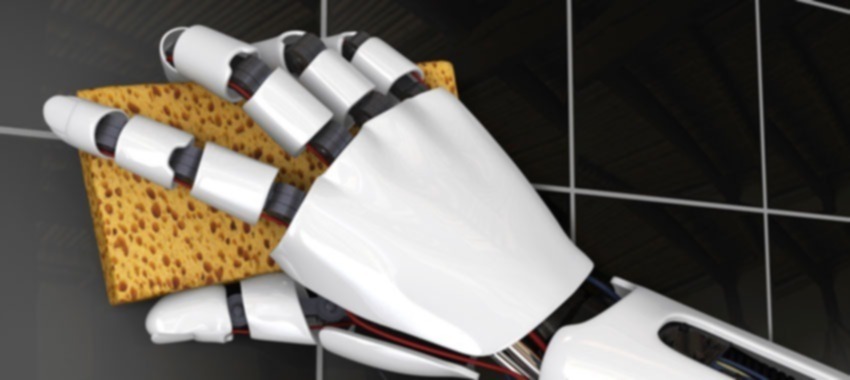
An engineering science
that moves you!
Whenever something moves in technical devices, mechatronics is involved.
As a mechatronics engineer, you control the technical innovations of tomorrow. This forward-looking engineering degree program combines the exciting fields of electrical engineering, mechanical engineering and computer engineering. Thanks to a wide range of elective modules, you can design your studies exactly the way that suits you best.

What you can expect
Mechatronics is an interdisciplinary engineering science that incorporates elements of mechanical engineering, electronics and computer science and combines them into a functioning whole.
Mechatronics engineers develop innovative and economical solutions through the intelligent combination of mechanics, electronics and software. As generalists, they have a comprehensive understanding of how to develop resource-saving, efficient and customer-oriented products and processes.
The practical and basic research-oriented course enables students to familiarize themselves with a wide range of technical challenges in industry. Graduates have excellent career opportunities in various professional fields, including technical development, production, sales, technical management and production organization.
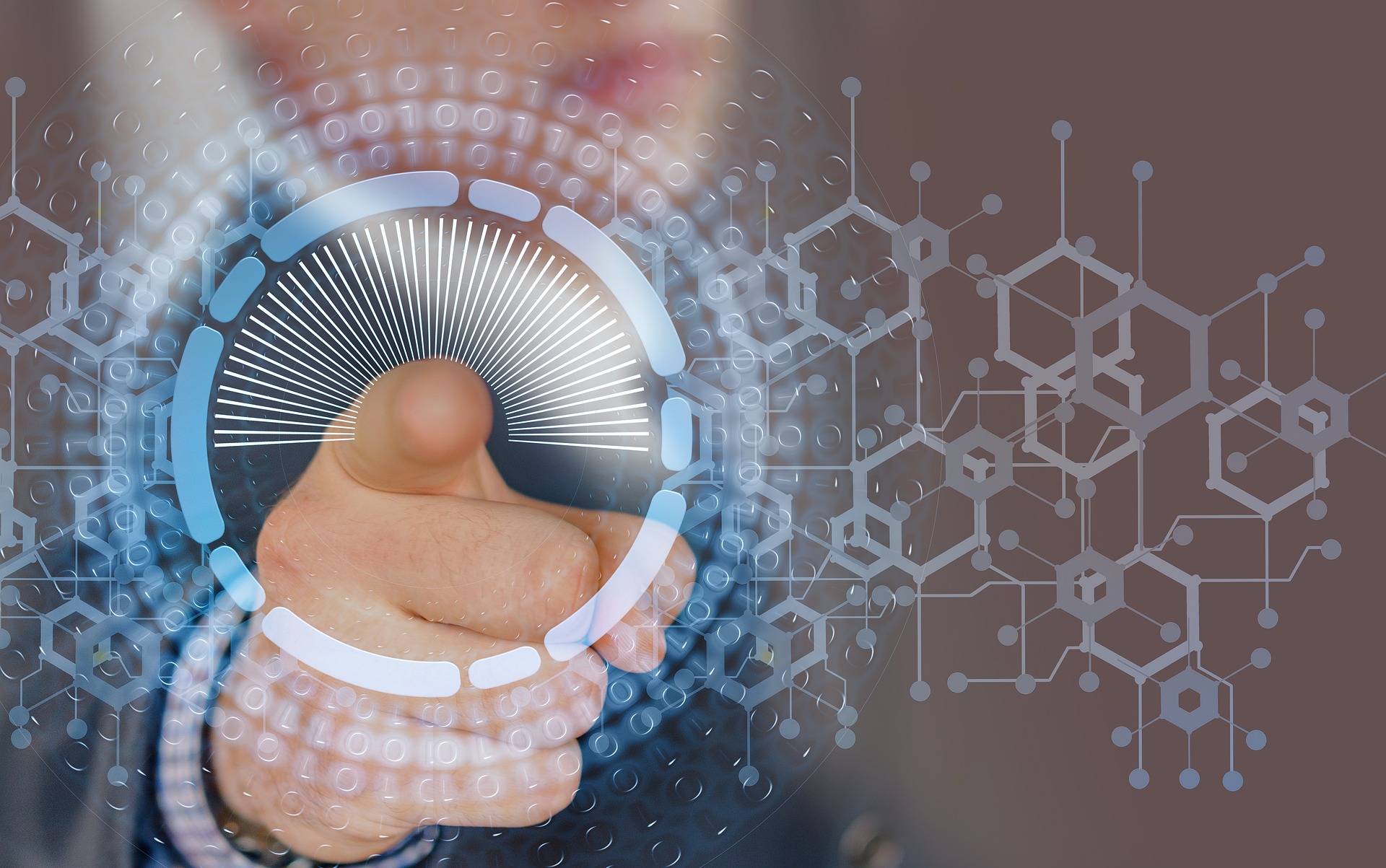
Your study content
We give you the overall understanding you need to develop new, technical things and processes sustainably and efficiently.
Mathematics and natural sciences
Electrical Engineering, Computer Science and Mechanics
Bachelor's examination regulations, module handbook & study plan.
What will you learn?
You will immerse yourself in mechanics, electronics and computer science. You will delve deeper into the topics that interest you the most - for example, automation technology or electromobility.
Your study program
Engineering Mathematics 1
Acquisition of mathematical foundations for later engineering modules
Technical English for Engineers (Lehrsprache Englisch)
Basic concepts and conversation
Applied Computer Sciences and Programming Languages
Basics of computer structure, coding of information, introduction to programming
Physics
Electrical Engineering I
Acquisition of electrical engineering fundamentals for later engineering modules
Business Administration and Law for Engineers
Business and legal basics for an engineering degree programme
Mechanics 1
Mechanical Engineering Design
Electrical Engineering II
Fundamentals of complex alternating current theory, transformers and first-order switch-on processes
Digital Systems
Mathematics for Engineers II
Advanced mathematical methods and procedures
Control and Feedback Control Systems
Systemtheoretische Grundlagen, mathematische Modelle zur Beschreibung dynamischer Systeme, Vorlesung mit Übungen
Materials science in mechanics and electrical engineering
Fundamentals of chemical materials science
Mechanics 2
Introduction to Mechatronics / Development Systems
Project Work Mechatronics
Fundamentals of Signal Processing
Signals and systems, deepening knowledge of signal processing through practical applications in exercises
Electronic Devices and Basic Circuits
Continuation of materials science, Practical applications in the laboratory
Modern methods of control engineering
Electrical drive technology
Elective module 1
Embedded systems
Measurement technology
Simulation technology
Elective module 2
Elective module 3
Elective module 4
Elective module 5
Elective module 6
Practical semester and practical seminar (across semesters 25 + 2 credits)
Practical semester and practical seminar (across semesters 25 + 2 credits)
Bachelor's thesis and colloquium
What you need to bring along
- Language level C1 is required and the language of instruction is German.
- General or subject-specific higher education entrance qualification
- Alternatively: entrance qualification for universities of applied sciences or a qualification recognized as equivalent in the course of professional qualification
- Admission free!
Application process
The application phase for the approval-free Bachelor’s degree programmes for the coming winter semester begins on 01. May 2025 and ends on 15. September 2025. Applications can only be submitted online via our application portal.
If you have any questions, please contact the application support team.
What our students say
A CREATIVE COMBINATION
"Before you start studying mechatronics, you have to realize that a lot of basic knowledge is taught - in mechanics, electronics and computer science. But there are also plenty of exercises and practical applications: from programming and soldering to the automatic control of water tanks, everything is covered. The coolest thing so far has been a project in which we had to design and build a machine that can sort different types of nuts. In another module, we had to program an animated bridge simulation."
Julius Müller
WHEN THEORY COMES TO LIFE
As an engineer, I work in a team that develops innovative control units for next-generation VW vehicles. Seeing theoretical planning come to life inspires me. When the control unit is finished and I know that it will soon be in every Golf, I am proud to have worked on something big. The internships during my mechatronics studies were exhausting, but always cool. At the beginning, I sometimes had the feeling that the course might drag on. But in the end it was worth it.
Stephan Koprivsek
